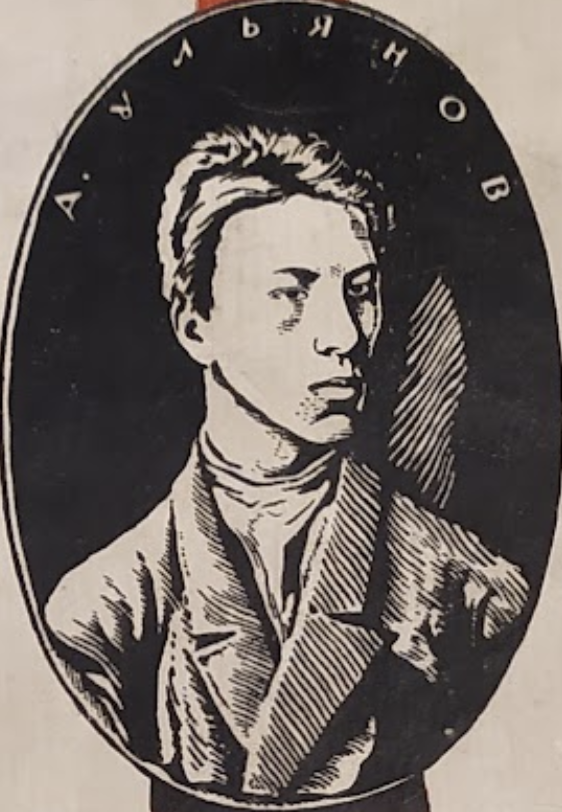It is a passage from the same meeting minutes that took place on 11 January 1920 in Nikolaevsky Hall of Winter Palace attended by over 6000 people to inaugarate the Museum of Revolution. In this passage, Mikhail Novorussky, a veteran of Narodnaya Volya and a long-standing proponent of creating a museum of revolution takes the word.
Comrade Novorussky. (Applause). Comrades, Comrade Zinoviev has already done me the honor of introducing me to this large gathering, before which I very rarely have the opportunity to speak. I warn you that I will be brief, partly because our meeting has dragged on, and partly because I spent many years in prison, where I had to be silent a lot.
I decided to speak to you as a living bridge between the old revolutionaries, who have been spoken of so much here and to whose memory these posters are dedicated, and the new revolutionaries, among whom I have the honor to speak. Today is a double holiday for me:
1) We are commemorating today those tortured Decembrists who were our predecessors and teachers in the revolutionary movement,
2) the day of the organization of the Museum of the Revolution, which I have dreamed of for many years and in which I have collaborated in recent years. I can tell the audience that just a year ago, with my assistance, a monument was unveiled at the burial place of my comrades in Shlisselburg, where their names are carved in solid granite.
I can tell the audience that since I was able to live in St. Petersburg, since 1907, I have not stopped collecting some objects that served as a monument to the lives of my comrades, and sent them to Berlin, Germany, where the beginnings of the Museum of the Russian Revolution were formed, because at that time it could be organized in Berlin, but not in Russia. Now I am happy that I have lived to see the time when, with the onset of better days, we will transfer our modest collection from Berlin here and place it in the emerging museum here.
When I said that I am acting as a living bridge, I wanted to add to this that the memory of the Decembrists among the Narodniks, under whose banner I spent many years, was sacred to us. In our youth, some of the Decembrists, who had emerged from their hard labor prisons and Siberian exile, were still alive, and we could witness their last days. My older comrades, few of them, have lived to see the present day.
Thus, I, as the youngest of the Narodniks, occupy such a middle place in the history of the revolutionary movement in Russia that connects my life with the end of the past and the beginning of the future.
In conclusion, I would like to appeal to the large audience to help in every way possible to organize the Museum of the Revolution, the beginnings of which we see here. As you can see, I am old, I will not live long, but the Museum of the Revolution, which we are creating, will remain forever, it will be that huge historical monument in which all historical relics will be preserved in the best possible way for the edification of future generations. The deeds of our ancestors must be preserved in all their details, so that future generations will know them and learn from them. I think that my young listeners, who will live for many decades after me, will be valuable collaborators of this museum and will not forget the words of appeal with which I address them – to help us in every way possible in creating the museum. Allow me to conclude with the hope that my appeal to this huge audience will not be in vain (applause).
